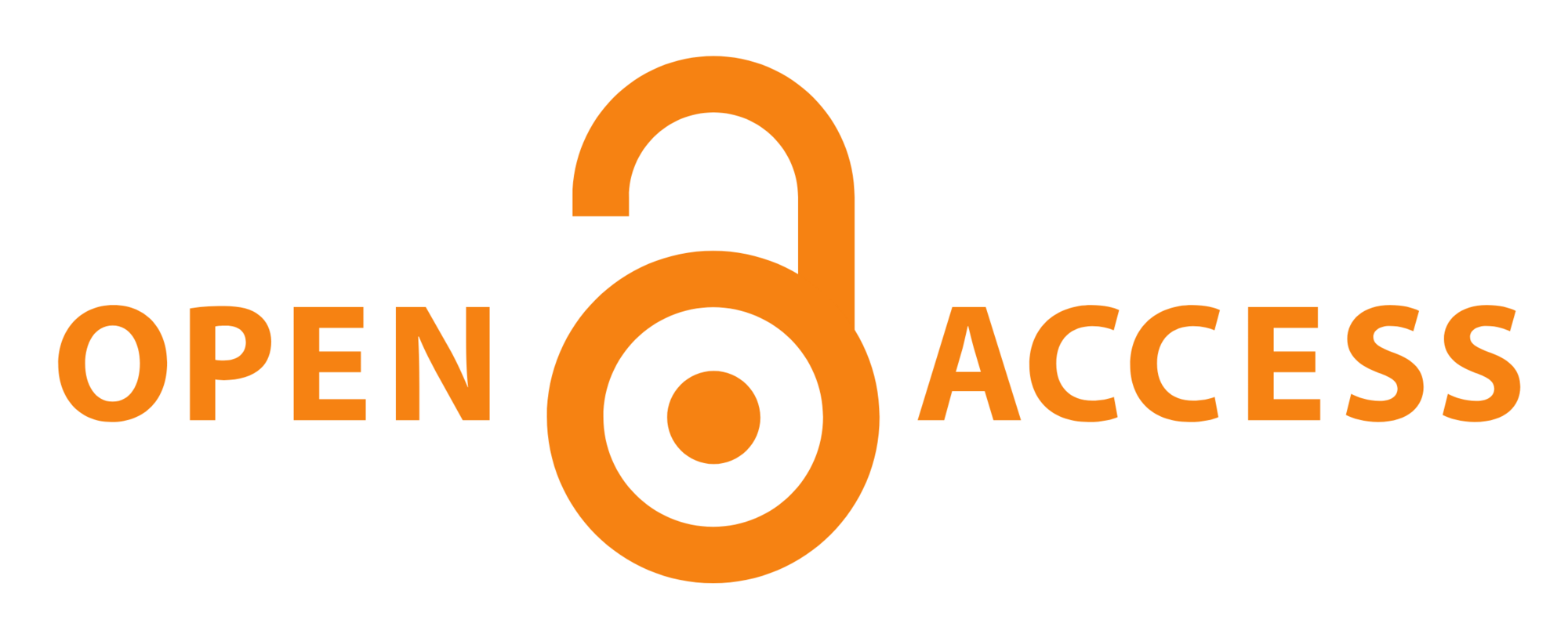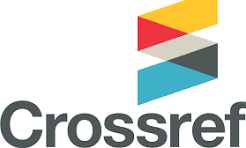Autobiographical Comics in Michel Kishka’s Second Generation: Things I Didn’t Tell My Father
DOI:
https://doi.org/10.64166/xx23s658Abstract
Michel Kishka’s autobiographical comics Second Generation: The Things I Didn’t Tell My Father is a first-person account of his life as a member of the second generation of Holocaust survivors in relation to the ‘other’ – his father, the Holocaust survivor. The main challenge facing the autobiographer is turning the course of his life events into words and images while committing himself to factual truth. Kishka’s comics integrates reality into the fabric of the graphic novel. By treating the heavily charged subject of the Holocaust via literary-poetic and artistic-visual means, his comics turns into a comprehensive literary-visual creation. Kishka uses intertextual allusions from different artistic fields, such as literature, cinema, painting, and photography, in addition to other poetic means utilized in the visual images, such as dreams, parallelisms, and metonymies that illustrate human situations. Humor is Kishka’s main means of expression in dealing with being a member of the second generation of Holocaust survivors and with the ethical-aesthetic dilemma facing every autobiographer: exposing the other's life with criticism and judgment. Eventually, Kishka’s ethical dilemma results in love and reconciliation following a process of identification, understanding, compassion, and forgiveness towards his father, who experienced the horrors of the Holocaust.
References
Downloads
Published
Issue
Section
License
Copyright (c) 2024 Mabatim

This work is licensed under a Creative Commons Attribution-NonCommercial 4.0 International License.





